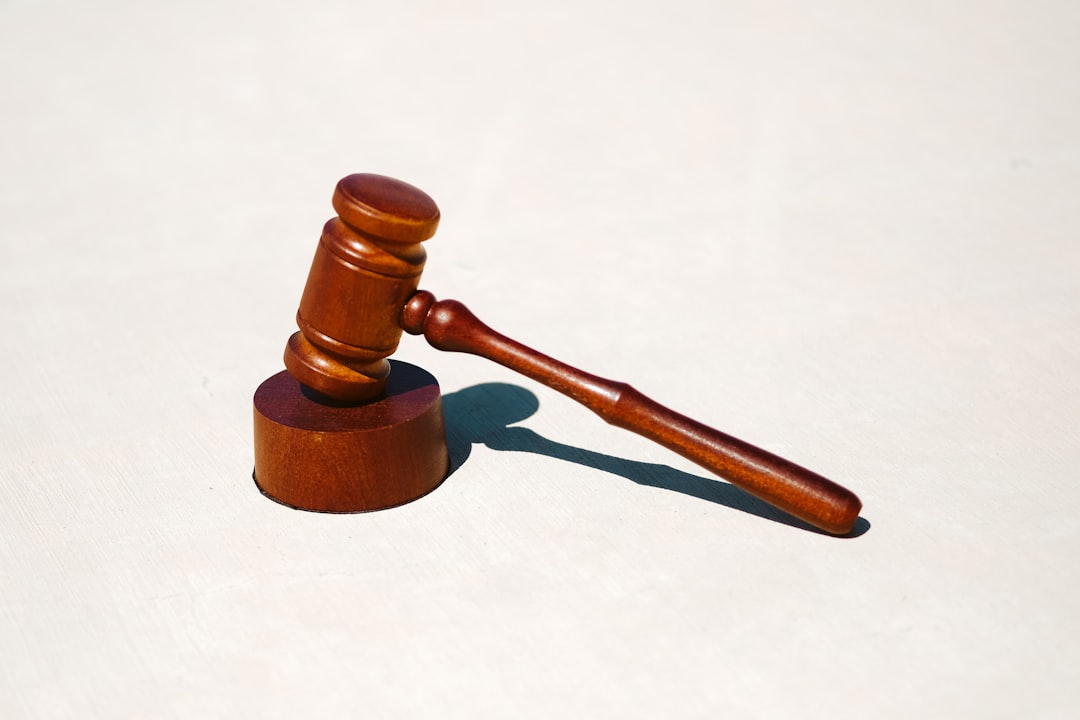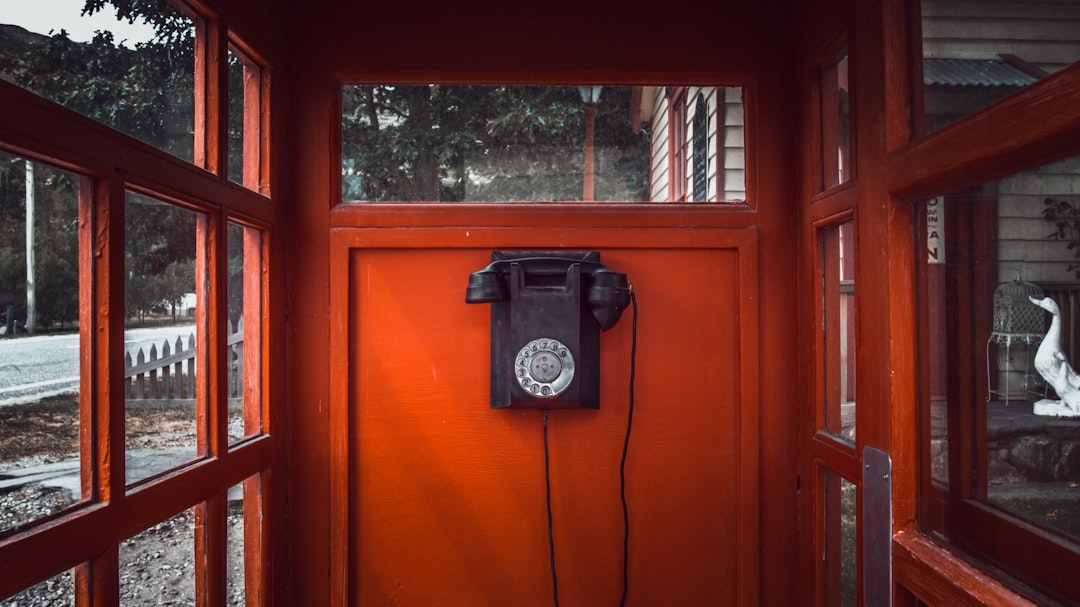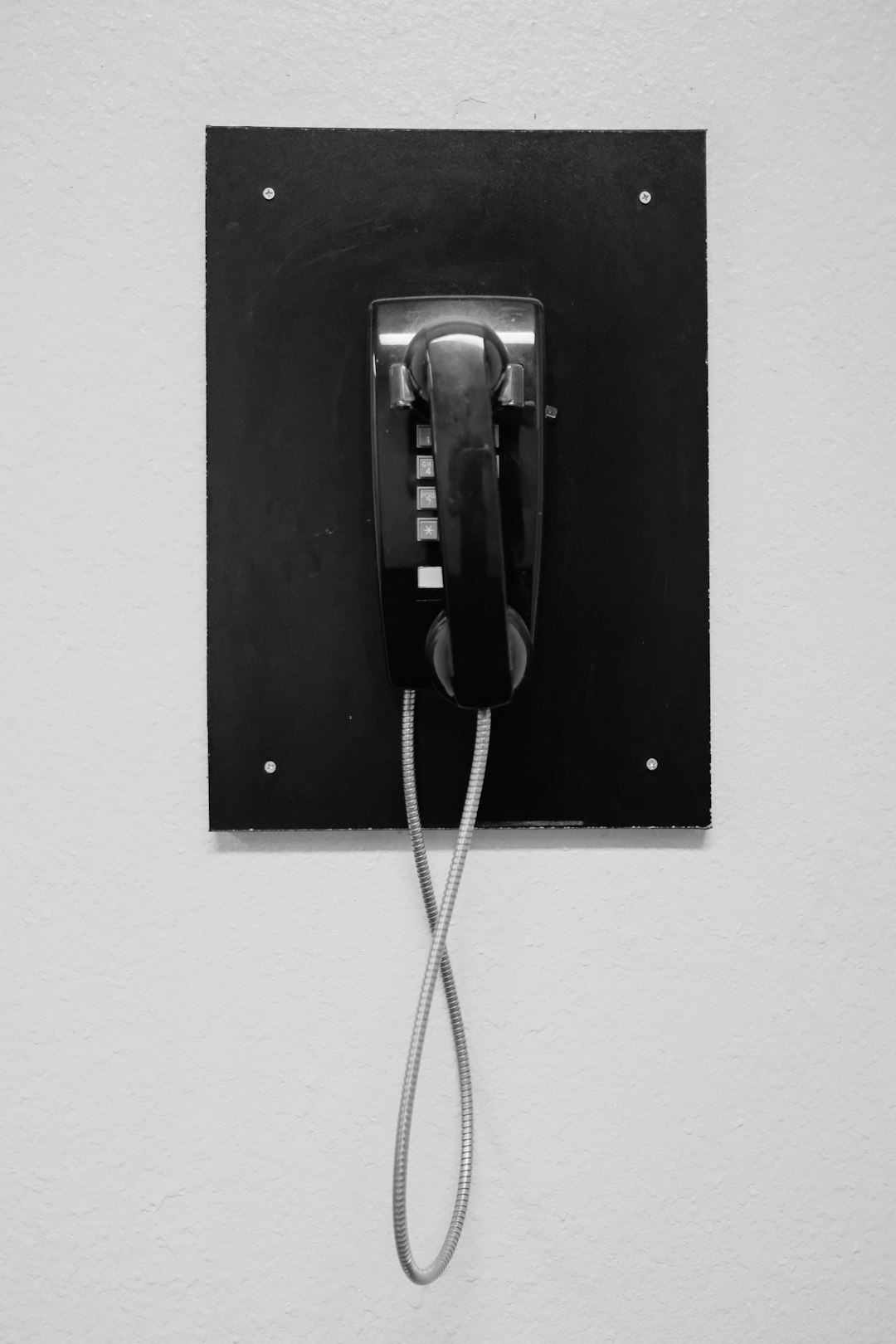Tomahawkers face scams from phone fraud to door-to-door sales. Stay informed by recognizing red flags like unexpected calls or pressure tactics. Wisconsin's Do Not Call Laws protect against telemarketing scams, but community vigilance is key. Verify senders, scrutinize for errors, and avoid sharing personal info online. Research businesses offline and be alert for urgency tactics. Report suspected scams to local police and the DATCP to strengthen protections.
In Tomahawk, as in any bustling community, awareness of scams is crucial for protecting yourself and your loved ones. This guide navigates the labyrinthine world of common scams targeting residents, from phone fraud and phishing attempts to identity theft. With a focus on Wisconsin’s robust Do Not Call Laws, we empower folks with knowledge to spot red flags, foster online safety, and recognize legitimate businesses from scammers. By understanding these threats, you can take proactive steps to safeguard your financial well-being and peace of mind.
Understanding Tomahawk's Scams: Common Types and Red Flags

Tomahawk residents often encounter various scams, from phone fraud to doorstep schemes. Staying informed is key to protecting yourself and your neighbors. Common types include impersonation scams where callers pose as government agencies or utility companies, demanding immediate payment or personal information. Another prevalent tactic is the door-to-door sales scam, where individuals pretend to be from reputable organizations, pressuring homeowners into making impulsive decisions.
Red flags include unexpected calls or visits, demands for cash or sensitive data, and pressure tactics. Wisconsin’s Do Not Call Laws offer some protection, but staying vigilant remains crucial. Keep an eye on local community boards and report any suspicious activity to the appropriate authorities. By remaining cautious and sharing knowledge, Tomahawk residents can collectively fortify their community against these deceptive practices.
Do Not Call Laws in Wisconsin: Protecting You from Telemarketers

In Wisconsin, Do Not Call laws are in place to protect residents from unwanted telemarketing calls. These laws allow individuals to register their phone numbers on a state-wide “Do Not Call” list, significantly reducing the number of marketing and sales calls they receive. By enrolling your number, you’re taking a crucial step towards protecting your privacy and avoiding potential scams.
Remember that many scam artists often use automated dialing systems, so even if you’re not expecting any calls, registering on the “Do Not Call” list ensures you’re less likely to be targeted. It’s a simple yet effective measure that can save you from annoying intrusions while also safeguarding against sophisticated phone-based scams that aim to trick you into revealing personal information or making financial transactions.
Online Safety: Recognizing Phishing Attempts and Identity Theft

Staying safe online is crucial in today’s digital age, especially with the prevalence of scams and cyber threats. In Tomahawk, as in many places across Wisconsin, Do Not Call laws are in place to protect residents from unwanted telemarketing calls, but it’s only one aspect of online safety. Recognizing phishing attempts is a vital skill to develop. Scammers often impersonate legitimate organizations or individuals through emails, text messages, or even social media, attempting to trick you into revealing personal information like passwords, credit card details, or Social Security numbers. They may create fake websites that look identical to real ones, making it hard to spot the difference.
To protect yourself, always verify the sender’s identity and check for any signs of a phishing attempt. Look out for spelling mistakes, generic greetings, urgent requests for personal information, and links or attachments from unknown sources. Remember, legitimate organizations will never ask for sensitive data via email or text. By staying vigilant and practicing good online hygiene, you can significantly reduce the risk of falling victim to identity theft and other cyber scams.
Legitimate Businesses vs. Scams: Tips for Spotting the Difference

In today’s digital era, it’s easy to get caught up in the hustle and bustle of Tomahawk, Wisconsin, especially with numerous businesses vying for your attention and money. While many companies are legitimate and contribute to the vibrant tapestry of the community, others may be out to scam you. Spotting the difference between genuine enterprises and fraudulent schemes is crucial to protect yourself.
One of the best ways to distinguish legitimate businesses from scams is to verify their authenticity. Research the company online and offline. Check their official website, physical location, and any customer reviews. Be wary of business that rely heavily on pressure tactics or make unrealistic promises. Moreover, be alert for signs of urgency, such as limited-time offers or threats of discontinuation, which are common scamming strategies. Remember that reputable businesses operate transparently and won’t try to trick you into making hasty decisions. Additionally, always be cautious when sharing personal information, especially with unknown entities, and never provide sensitive data unless the business has a proven track record and employs secure protocols. Following these tips can help ensure that your interactions in Tomahawk remain safe and sound, even amidst potential scams.
Reporting Scams: Local Resources and Next Steps

In Tomahawk, as in many places, scammers are constantly devising new tactics to take advantage of unsuspecting individuals. If you suspect you’ve encountered a scam, it’s crucial to act quickly. The first step is to report the scam to local authorities. The Tomahawk Police Department has dedicated resources to investigate and prevent fraud, and they encourage citizens to come forward with any suspicious activity.
Additionally, Wisconsin has specific laws in place to protect residents from unwanted telemarketing calls, known as Do Not Call Laws. If you’ve received fraudulent calls or texts, document the interactions and contact the Wisconsin Department of Agriculture, Trade, and Consumer Protection (DATCP) for further assistance. They offer guidance on how to file a complaint and can help you take the next steps to protect yourself from future scams.






